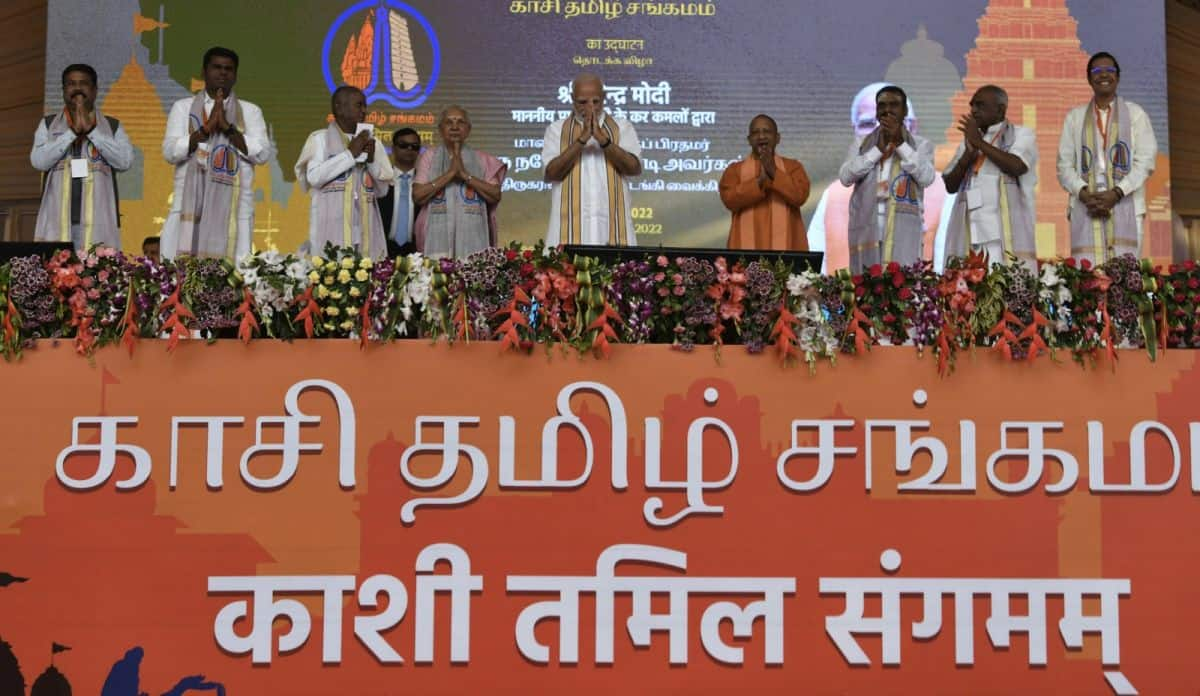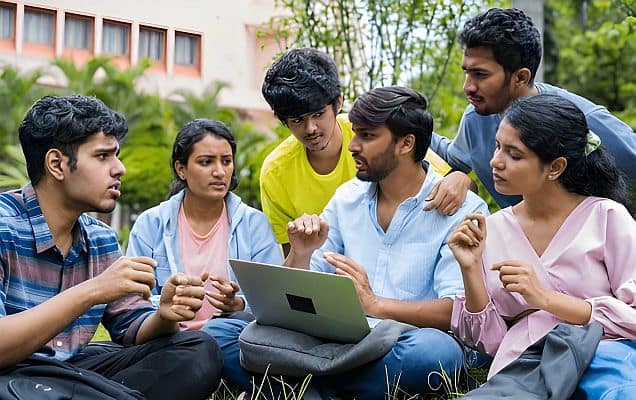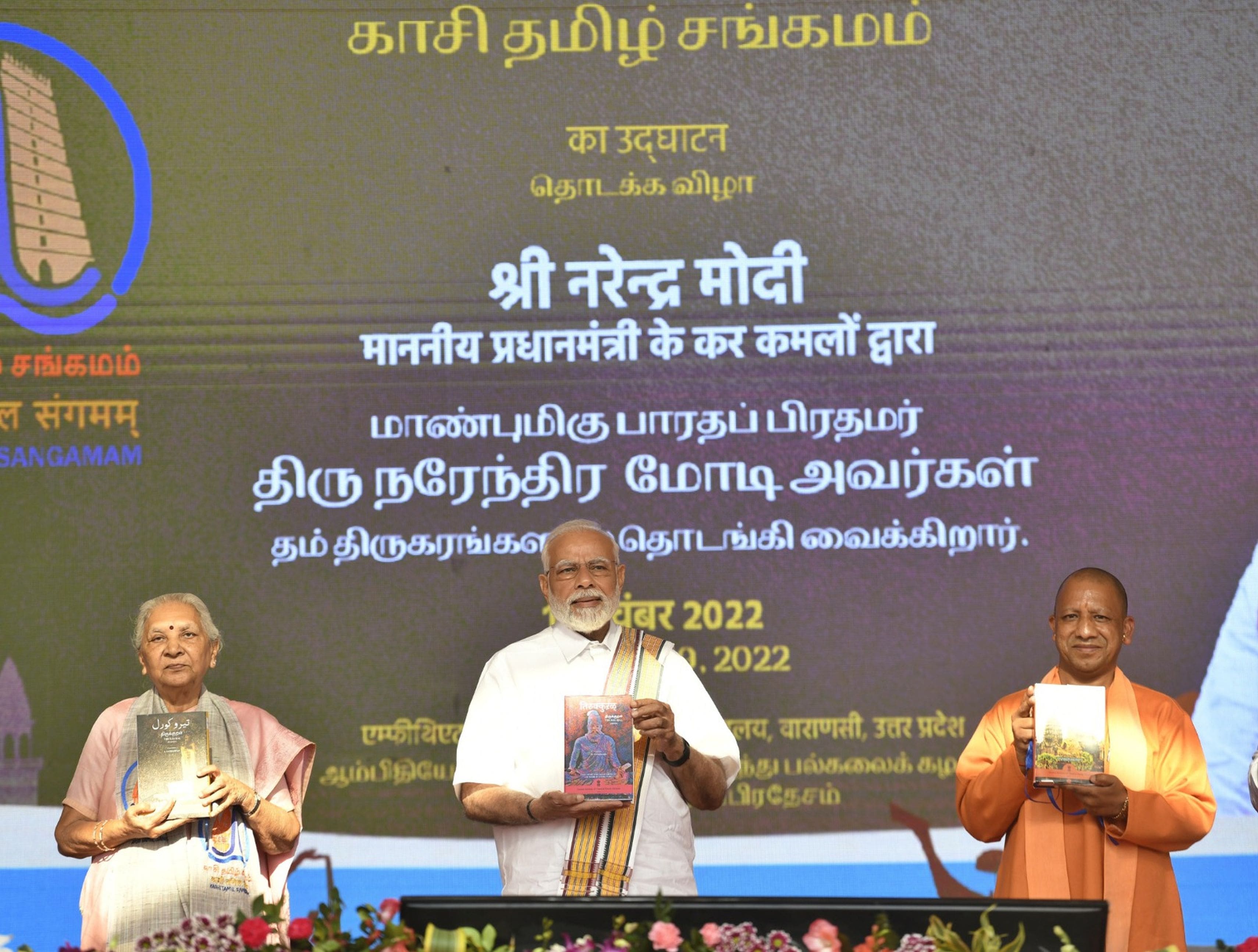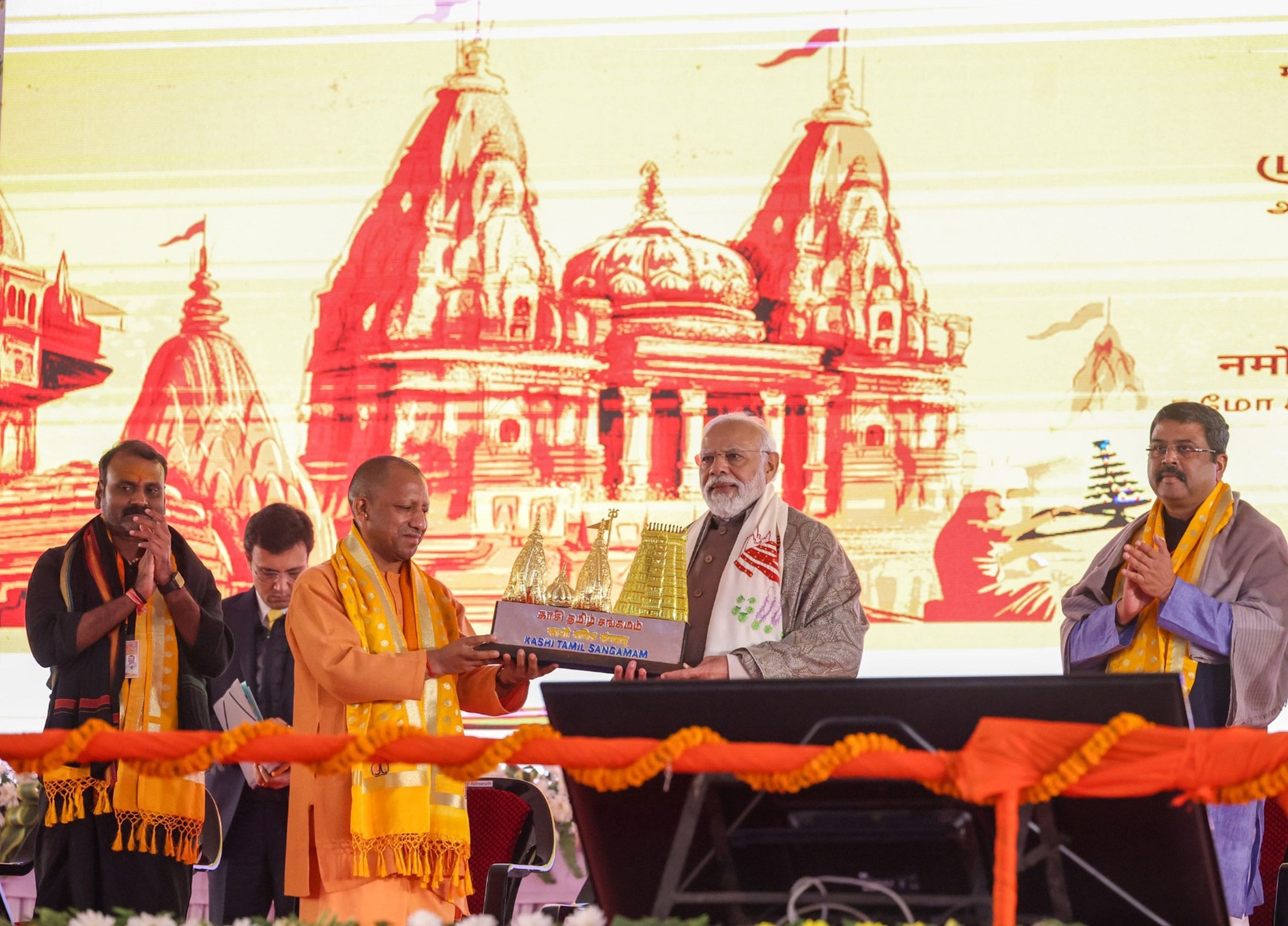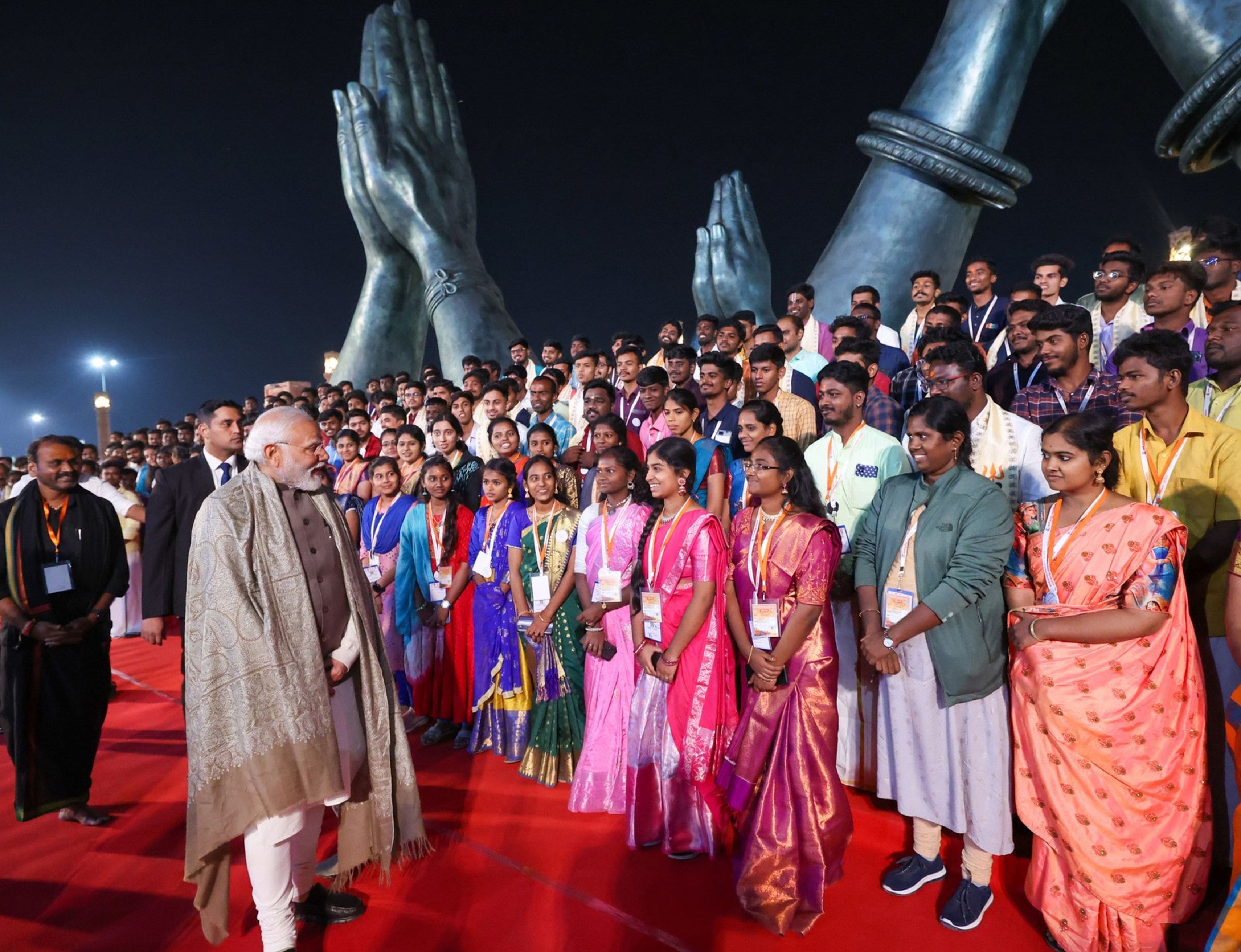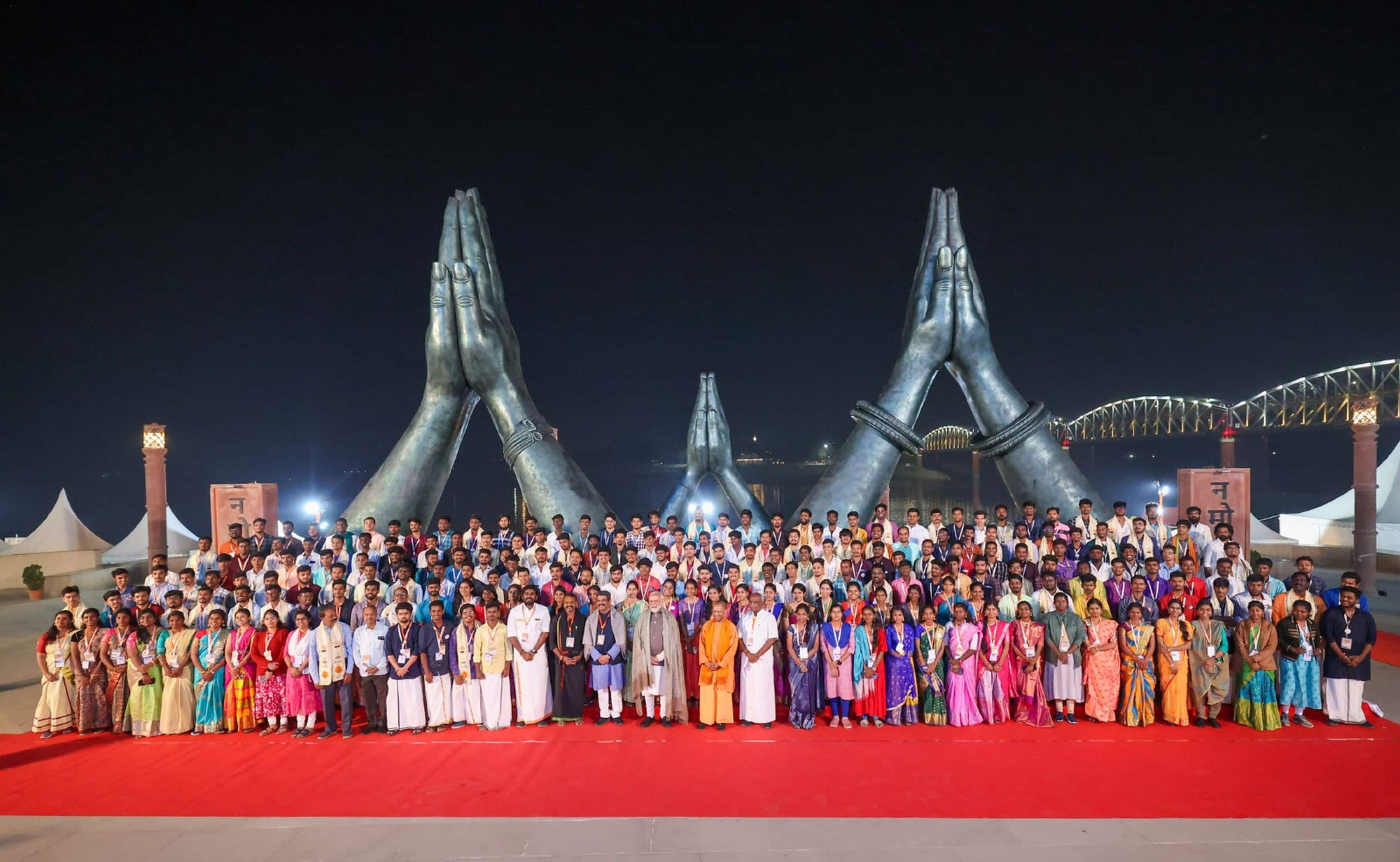Dear Friends,
On the evening of the 19th, my trip to Myanmar, Australia and Fiji concluded. While on the way back I was reflecting on the last ten days - what did we achieve, what were the outcomes for India and that is when I thought I should also share some thoughts with you through my Blog.
To begin with, it is vital to understand the historic uniqueness of this visit.
In the case of Australia, this was the first bilateral visit by a Prime Minister of India in 28 years. Fiji witnessed such a visit almost 33 years back. On one hand, the IT and Communication revolution brought the world closer but on the other hand, we could not reach the shores of these two countries, each important in its own way, for almost three decades.
I thought this must change.
I attended five Summits including the one with leaders of Pacific Islands that I hosted in Fiji and met 38 world leaders. The number of full bilateral meetings I had stands at 20. In fact, I had the opportunity to meet leaders from every part of the world! These meetings were frank, comprehensive and fruitful. We covered substantial ground on several issues. I met a wide range of business leaders as well.
During these bilateral meetings, I noticed one thing- that the world is looking at India with renewed respect and immense enthusiasm! I see a global community that is tremendously keen to engage with India.
With every leader, we discussed how we could make our relations more extensive, diverse and wide-ranging. Strengthening trade and commerce and drawing industry to India was a central part of the discussion.Numerous leaders I met were very optimistic about our ‘Make in India’ initiative and are keen to come to India and be a part of the extensive and diverse opportunities India has to offer. I see this as a positive sign, one that will bring several opportunities to India’s youth and give them the right exposure that will make them shine. Such exposure has become imperative keeping in mind the pace at which the world is developing. Several world leaders also showed keenness on our plans to create ‘Next Gen Infrastructure’ and smart cities.
I had the opportunity to address the Parliaments of Australia and Fiji during this visit.

Coming from the world’s largest democracy, it is always heartening to visit these temples of democracies and to share thoughts from within the hallowed portals of their four walls. There is no bond that is stronger than a bond between two democracies. On one hand it gave me an opportunity to reach out to the wider political leadership of these nations and on the other hand it opened new avenues for co-operation. Once again, the lawmakers were very upbeat about India.
Both addresses were a first for any Indian Prime Minister. In fact, I was told that my address to the Fijian Parliament was a first by any world leader. This is not a personal achievement, but it is a reflection on the respect that the 125 crore people of India have in the eyes of the global community.

At the G-20 Summit, India placed the issue of existence and repatriation of black money at the forefront of the world community.
I am glad that the world community took note of this because this is an issue that does not selectively affect one nation. The menace of black money has the potential to destabilize world peace and harmony. Black money also brings with it terrorism, money laundering and narcotics trade. As democracies firmly committed to the rule of law, it becomes our obligation to collectively fight this evil and there was no better occasion than the G-20 to raise this. Our efforts paid off with the official communiqué reflecting this issue.
The ASEAN Summit was an opportunity to engage with the Leadership of ASEAN nations as we discussed how to deepen engagement both as a group of nations and with each Nation individually.

It is my conviction that ASEAN and India can explore new frontiers together. We share the bonds of culture and history and at the same time are blessed with the vigour and energy of our youth.
I discussed affordable housing with PM Razak of Malaysia, energy issues with the Sultan of Brunei and urban development issues with PM Lee Hsien Loong of Singapore.
In Fiji I met with leaders of the Pacific Island Nations. This is a region that is important to us. I am very happy to have taken a significant and concrete step towards stronger bilateral relations with each of these nations individually. There is a lot we can do for these nations and there is a lot we can learn from them.
Wherever I went, I witnessed immense warmth from the people. I am extremely grateful to President Thein Sein, Prime Minister Abbott and Prime Minister Bainimarama the leaders of the three nations who hosted me.
My individual meetings with them also covered significant ground on how to take relations with our respective nations ahead.
With President Thein Sein my talks were centered around the 3Cs of culture, commerce and connectivity. Prime Minister Abbott and I made unprecedented progress in the areas of energy, culture, and security and are moving very positively on the issue of nuclear energy. The Framework for Security Cooperation is a fitting recognition of the increasing security ties with Australia. There will be a ‘Make in India’ roadshow next year to invite Australia companies to India. During my meeting with Australian business leaders, I could see their willingness and eagerness to invest in India and such a roadshow will surely be very valuable in this context.
On a personal note, the affection from the Indian community was touching. Be it in Myanmar, Australia and Fiji, I will not be able to describe their warmth in words. I could see that they were proud of India and of the changes happening in India. I could see dreams and expectations in their eyes. As I said during the Indian community programme in Sydney, we are fully aware of the expectations and we will leave no stone unturned in creating the India of their dreams.
There was immense glee on the faces of our diaspora when I announced the visa-on-arrival facilities and the OCI and PIO merger in Australia and Fiji. It is our aim to make the diaspora an integral part of our development journey and since the last few months we have channelized our efforts in this regard. We want to create an environment where our diaspora also feel that they can contribute towards India’s development. That is also the reason I urged NRIs to keep sharing their views and thoughts on www.mygov.in.
I fondly remember the reception at the iconic Melbourne Cricket Ground. It was very kind of PM Abbott to specially fly down to Melbourne and host the reception, where cricketing greats including Kapil Dev, Sunil Gavaskar, VVS Laxman, Allan Border, Steve Waugh, Dean Jones and Glenn McGrath joined.
Friends, my eastward travels over the past few days have been a reminder to me of what the world expects from India.
I saw in their eyes a desire to see India playing its part for a peaceful, stable and developed global community.
I also saw a reflection of the energy of our youth, keeping pace with rapid changes across the world.
I am convinced, with even greater consciousness, of the positive difference India can make on the world stage.
The world is looking at India with renewed enthusiasm.
We must reciprocate with a renewed commitment to our shared values and goals.
Together we shall script a better future for India and the rest of the world.
Yours,
![]()
Narendra Modi
More information relating to the visit
Myanmar
Bilateral with President Thein Sein
Videos from PM's visit to Myanmar
Opening Statement by the PM at India-ASEAN summit
G20
Australia
Addressing Australian businessmen in Brisbane and Melbourne
Meetings with Australian political leaders
Address to Australian Parliament
Videos from PM's visit to Australia
Fiji
Videos from PM's visit to Fiji








